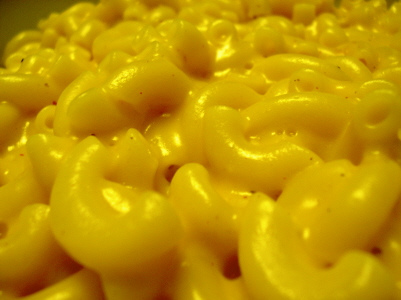Food has played a major role in families and communities around the globe for hundreds of thousands of years. When mom gets a promotion, when Sally gets a A on her math test, when dad’s favorite baseball team wins the World Series, or even when a grandparent passes or other traumatic event happens, it is more likely than not that a family uses the dinner table as a platform for celebrating, grieving or simply talking about their day.
Jordan Troisi, graduate of the Univerisy of Buffalo and lead author of a study conducted alongisde co-author Shira Gabriel who has spent years working with social surrogates (non-human things that make people feel as though they belong) engaged in experiements which found that lots of people, in an effort to cure their lonliness, are inclined to create bonds with their favorite television shows, create “relationships” with ther favorite charactes or celebrities from films they have seen, or even foster relationships with a loved one after weeding through old pictures or mementos and latching onto that “special someone.”
Tossing a monkey wrench into the experiment, Troisi and Gabriel were curious as to whether or not comfort food could have the same soothing effect in a person as would a consolating, “real-life” relationship. To begin, in one experiment, researchers had the initial goal of making people feel lonely. To instill this uncomfortable lack of attachment, researchers had a group of subjects do a 6-minute writing exercise in which they were to write about nothing else but a fight they’ve recently had with somone they are close to. Next, they split the initial groups into smaller groups. Within that larger initial group, one subsequent group was assigned to write about a recent experience eating a “comfort food” (the word comfort being in quotes because the idea of a comfort food depends largely on individual taste). The other group was assigned to write about eating a new food. The last part of the study had all participants answer questions pertaining to their lonliness.
Prior to the experiment, the subjects were given assessments concerning how secure or unsecure they felt in their current relationships. Writing about having a quarrel with a close friend or relative made people feel lonely. However, there was an interesting find: those who had been found previously somewhat secure in their relationships before the experiment were able to untangle themselves from the web of lonliness by writing about comfort food! Says Troisi,
“We have found that comfort foods are foods which are consistently assosicated with those close to us…Thinking about or consuming these foods later then serves as a reminder of those people we are close to.”
In their writings about comfort food, many people wrote about the connection of eating food in association with family, friends, and other close ones.
In a separate experiment, spooning in hearty helpings of chicken soup in a lab made people think more about relationships, but only if they considered chicken soup a comfort food – something they’d been asked before the experiement, along with a series of other questions so that they would not remember that they’d been asked in the first place.
Can comfort food serve as a ready-made, easy resource for remedying lonliness as much as it can be “a cure” for the common cold? Who knows? Only mac n’ cheese and mashed potatoes – and of course, chicken soup – will tell.



